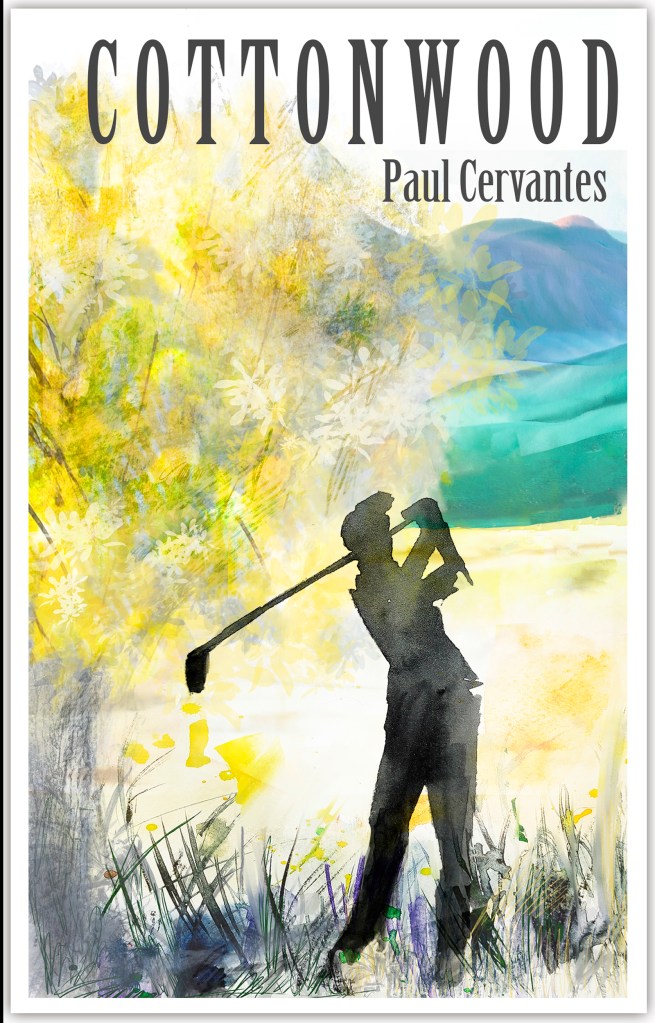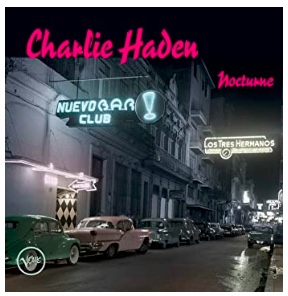I’m going to take a few minutes to explain how to discuss a friend (or loved one’s) new novel.
Please consider my premise:
The novel was a royal pain in the ass to write. It was a wholly unreasonable thing to try to create while holding down a day job of any kind.
It started out hard & got harder.
Then, as if by magic, it was done.
In the end, the writer failed in ways he never imagined.
In the end, the writer succeeded in ways he never believed possible.
A book should be read, it must be reacted to, so the writer gives it to the audience he imagines will be the most kind and receptive and responsive.
You’re that audience and I’m going to tell you what the writer wants you to say and ask (and also what he hopes you won’t).
First, be aware the writer knows his novel is flawed.
He didn’t write the novel to get rich.
He didn’t write the novel to become famous.
He wrote the novel in an effort to convey an idea or series of ideas in the best and most engaging way he could.
Let’s cover those pesky don’ts first.
The writer doesn’t want to hear about what you’re reading right now and that you’ll get to his book when you’re done.
The writer doesn’t care when you read his book, only how.
The writer doesn’t want to be asked how he intends to promote his book. It’s a valid subject, of course, but in the heady time just after the book has gone up for sale it’s probably not front-of-mind for the writer.
The writer doesn’t want to be reminded how great it is that it’s become so easy for anyone to write a book and sell it on Amazon.
The writer doesn’t want to be asked how many copies have sold so far.
The writer doesn’t want to be asked if he he’s going to send the book to any real publishers.
Let’s move along to what the writer does want you to ask about.
The writer wants to know if you liked the book. He wants to know if you found any of the characters likable or loathsome or fun or frightening.
He wants you to ask him how he went about writing the characters the way he did.
He wants you to ask if any of the characters were based on people he actually knew or knows.
He wants you to ask what it was about the real person that made him want to form the person into a character in a fictional book.
The writer wants to know if you didn’t like the book.
Trust me on this.
He wants to know if you simply didn’t find the story intriguing or the characters engaging. If he fell short (and he surely did), you’re his best chance of figuring out how he did and maybe even why.
The writer wants you to ask how you decided on the book’s sequence. He wants you to ask how you were able to handle the different times and places while maintaining the book’s coherence and flow.
The writer wants to be asked why he decided to write a book at all?
Why make the effort to do something that consumes literally thousands of hours and, in many cases, years to complete with a vanishing a chance of being appreciated by more than a few readers, let alone to achieve financial compensation commensurate with the effort?
It’s a good question that every aspiring writer has asked himself not only when he first set out to write the book, but likely every single time he sat down to work on it.
The way you ask that question may help the writer draw a closer to his own answer when he asks the question of himself.
He also wants you to ask him about other subjects he may be interested in, or may already be working on.
Finally, he wants to be asked what he learned from writing the book.
He wants you to tell him what you regard as the best part and worst part of his book.
Lastly, the writer wants to know what his book made you think and feel. Were you happy to be done with it, to be relieved of the perceived obligation of reading it, or did its ending leave you wanting more?
Did reading it make you think differently about the writer? Did it change the way you thought about what he might accomplish in the future, based on what you see as the promise or lack of promise manifested in the book you just read?
The writer is asking himself each of these questions as he lays his head on his pillow every night.
Is the writer is an honest soul, looking to achieve beyond his prior achievements?
Though obvious to me, I should say that everything I write here assumes the writer in question is an honest soul. I assume the writer was trying to achieve something bigger and far more importantly than bigger or longer, a work beyond anything he may have written before.
Thinking of a novel as leap of faith.
I think every novel represents a leap of faith for a writer and I believe a writer simply wants to be asked what made him want to take the leap.
That’s a question he’s asking himself, too.




